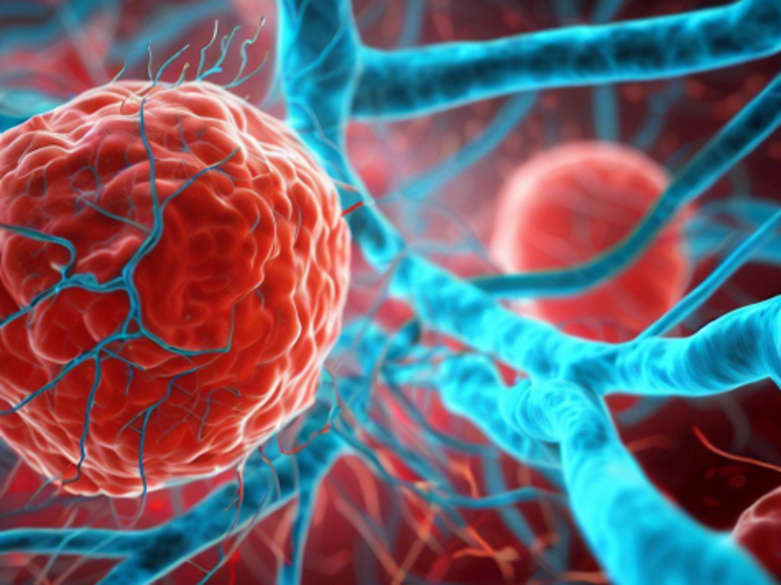Head: Prof. Dr. Dr. Michael Stürzl
The Division of Molecular and Experimental Surgery is a basic research unit in the Department of Surgery. In the focus of our research is the regulation of blood vessel function in inflammatory and infectious diseases.
Hypotheses and goals of our research:
Endothelial cells have multiple tasks in inflammation. They regulate the migration of leukocytes from the blood into the tissues (extravasation) and they form new vessels in order to increase the surface for the extravasation of immune cells. Many different factors with partly opposite activities are involved in inflammation-associated endothelial cell activation. Our goal is to map the temporal and spatial appearance and to elucidate the molecular regulation of the different endothelial cell activation phenotypes in inflammatory processes. This will provide new insights in the dynamic regulation of blood vessel activity and novel targets for the molecular therapy of inflammatory diseases.
Research Group - Vascular Plasticity - Prof. Naschberger
We are exploring cell-cell interactions in complex microenvironments with a focus on the analysis of vascular plasticity under pathological conditions. Gastrointestinal diseases such as colorectal carcinoma or chronic inflammatory bowel diseases are explored in this context but also autoimmune diseases or other diseases with an angiogenic component. We aim to identify new regulatory molecules that regulate vascular plasticity with perspectives for therapeutic intervention, improved diagnosis or patient stratification.
The interaction of surgeons with molecular biologists, cell biologists and chemists fosters the development of new and clinically relevant research strategies. At present the division consists of 4 postdoctoral scientists, 5 PhD students, 5 technicians and 3 guest surgeons. The close interaction with the department of surgery is a specific strength of our research. Mutual educational programs introducing biologists to surgery and surgeons to molecular biology are a key strategy to support clinically relevant research and translation from bench to bedside.

